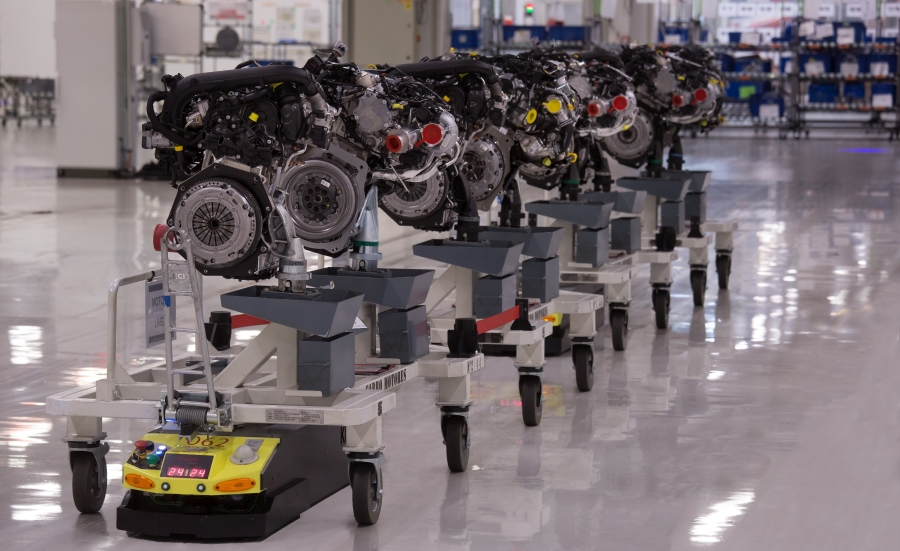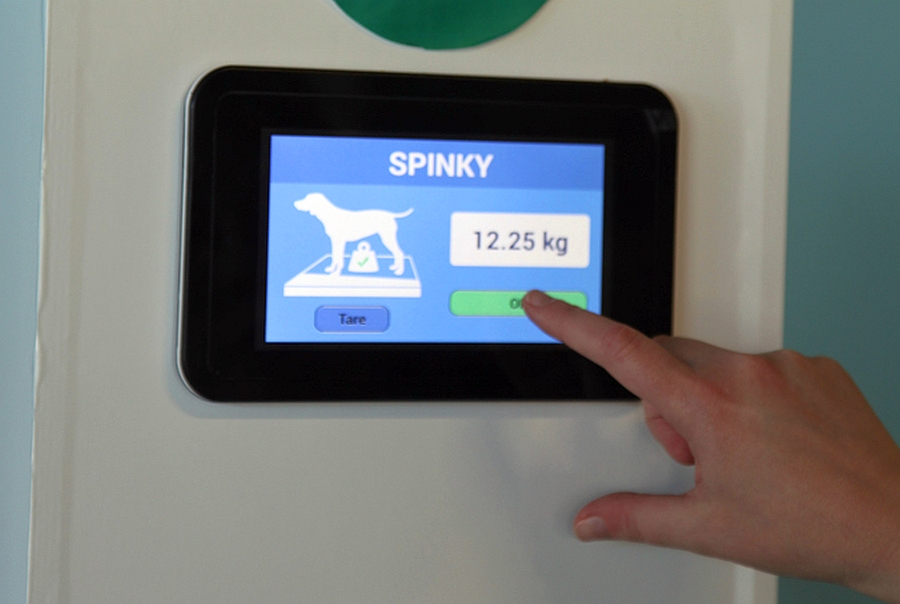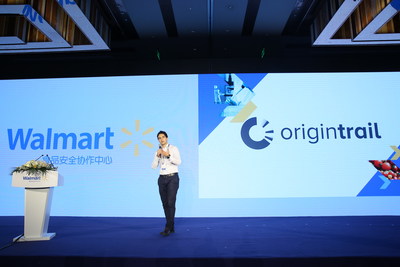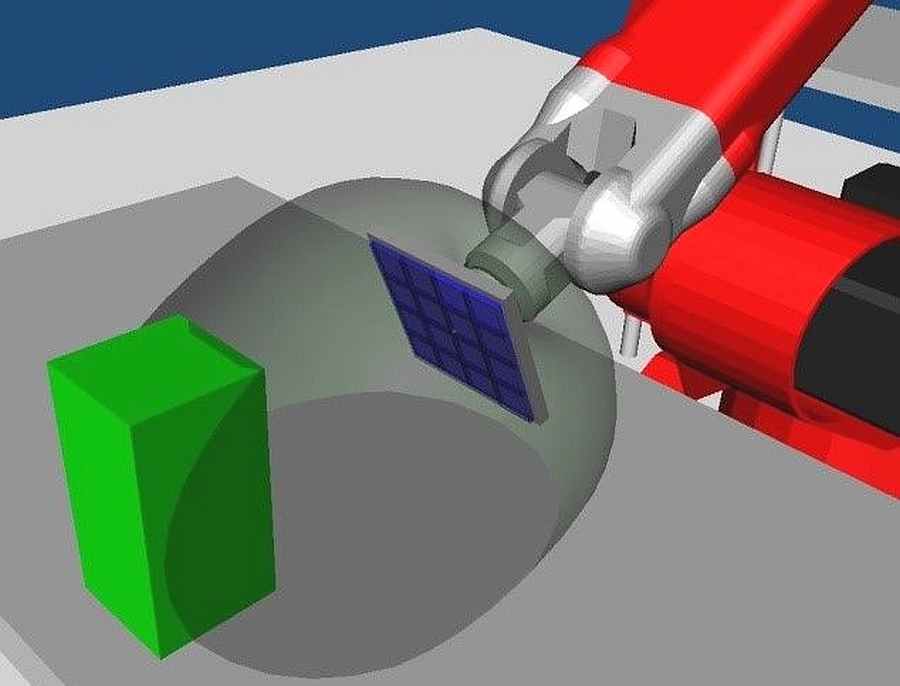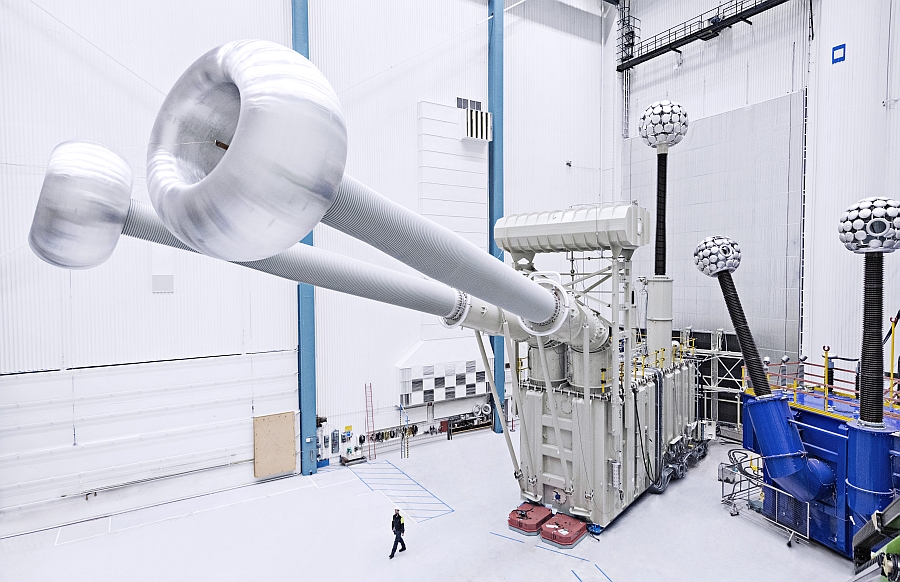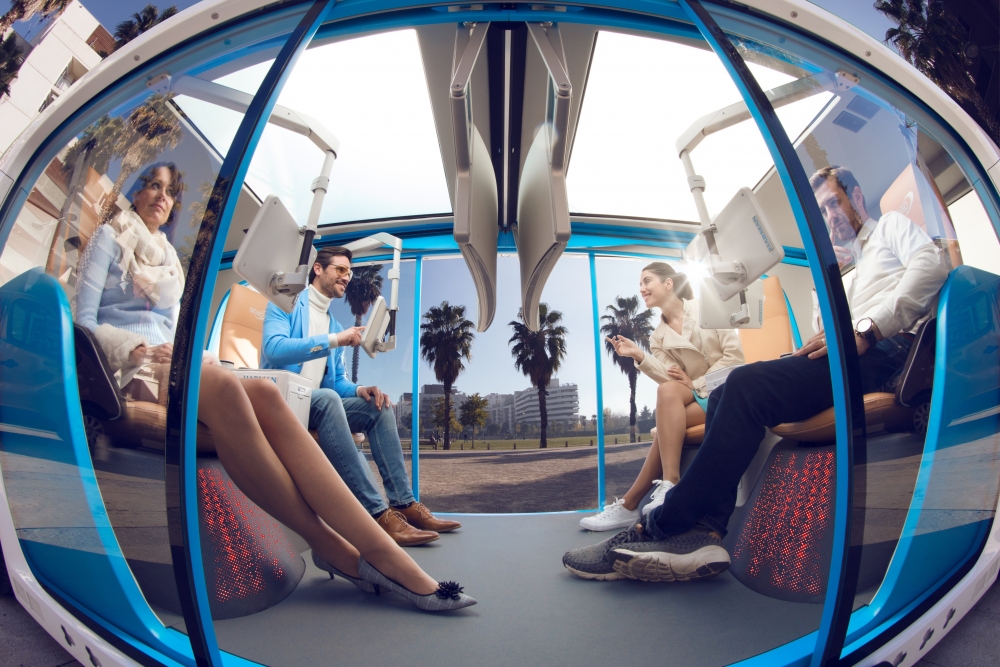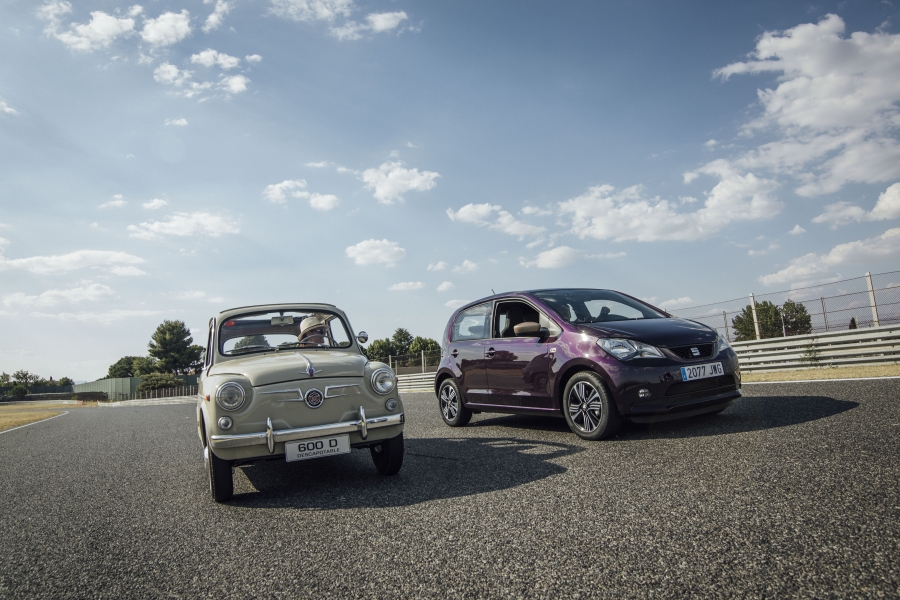Proact to provide bespoke monitoring service to enhance availability at City of Copenhagen’s IT entity
The City of Copenhagen’s IT service provider Koncern IT has selected leading data centre and cloud service provider Proact to provide monitoring and alerts for more than 100 critical components in its complex IT infrastructure, outside working hours. This tailored version of Proact’s Premium Support+ will help Koncern IT reduce incident response times from hours to minutes, ensuring IT operations are supported round-the-clock.
The daily routine of autonomous robots: more than 1,600 km and 23,800 parts
A blue light goes on at 5 o’clock in the morning in the engines warehouse. It belongs to one of the 125 robots that begins its route in one of the workshops at the SEAT factory in Martorell, where it makes up to 2,800 rounds every day. This is how these mobile robots work:
Internet of Things arrives to animal health care
Devices connected to Internet are now part of our everyday life, as well as in small animal clinics. Provet Weight Check Point, developed by Finnish Net Solutions, has been eagerly adapted by clinics.
Internet of Things (IoT) means the expansion of the Internet network into devices and machines. Provet Weight Check Point is doing just that.
Automating a simple, constantly repeating routine is of interest to everyone. If the clinic has 10,000 animals to be weighed each year and each animal’s weighing, saving the weight, and microchip reading takes 1 minute, then automating this step saves 10,000 minutes per year, i.e. 20 working days a year. Managing the job automatically saves both staff time and considerable money.
OriginTrail is Unlocking the Blockchain for Global Supply Chains
OriginTrail, European IT company known for its traceability solutions, developed the first blockchain protocol that is purpose-built for data exchange between organizations along the supply chain. It announced a token sale (ICO) starting in January with a mission to bring decentralized data exchange available to every organization. It enables mass adoption which will increase trust and efficiencies on a global scale.
Trailblazing R&D: robots with a sensitive touch
Smart robots are capable of perceiving and responding to their surroundings. For this purpose, they require sensors that simultaneously detect various stimuli. Researchers at the Karlsruhe Institute of Technology (KIT) have developed multimodal sensors that respond to motion and touch and thus provide the ideal complement to conventional optical systems.
World Energy Trends, Outlook and Strategies to 2025- Which fuels and Strategies Will Prevail in the Rapidly Changing Environment?
World energy industry is steadily moving towards stability after the turbulence in recent years. Markets are responding positively to early signs of compliance. Over the near term future, we expect oil prices to remain under pressure despite posing an upward trend in 2017. Most markets will shift towards increased efficiency and low cost oil and gas production.
Bharat Book Bureau announces the addition of the report "World Energy Trends, Outlook and Strategies to 2025- Which fuels and Strategies will prevail in the rapidly changing environment " to its offering.
Augmented reality offers greater opportunities than virtual reality, says GlobalData
Virtual reality (VR) often makes the headlines as a game changer in technology, but is actually a niche brand of technology with very limited applications for the wider business community, says GlobalData, a leading data and analytics company.
ABB achieves breakthrough with world’s most powerful HVDC transformer
ABB writes next chapter in electrical history as transformers and key equipment for world’s first 1,100 kilovolt (kV) project in China pass stringent tests.
ABB has set another pioneering innovation record with the successful testing of the low and high voltage units of the world’s most powerful ultrahigh-voltage direct current (UHVDC) transformer. The +/-1,100 kV (1.1 million volts) UHVDC transformer, developed and manufactured in close collaboration with State Grid Corporation of China (SGCC), has successfully passed a series of type tests, paving the way for the implementation of the Changji-Guquan UHVDC link, which will transmit power from the Xinjiang region in the Northwest, to Anhui province in eastern China.
Swiss powerhouse Rinspeed created mobility ecosystem Snap - the sum of its parts is greater than the whole
Self-driving cars, stuffed full of short-lived IT components, will help solve the transport problems in urban areas in the foreseeable future - and not just there. To this end, Swiss powerhouse of ideas Rinspeed has designed an elaborate and unparalleled mobility ecosystem in its latest concept car, the "Snap." Rinspeed boss Frank M. Rinderknecht makes the hardware and software, which is bound to be outdated quickly, part of the high-wear chassis ("skateboard") - and separates it from the durable passenger safety cell ("pod").
Six major differences in 60 years of driving
60 years later, cars have gone from featuring no seatbelts or headrests to including airbags and electronic safety systems. The SEAT 600 and its successor, the Mii, exemplify the evolution of cars in recent decades.
Making the ‘Little Ball’ took 40 hours, while it only takes 16 to make a car today. Both cars are roughly the same size and are considered urban utilitarians, and the two responded to mobility needs at different times. They are the SEAT Mii and the 600, which this year is celebrating its 60th anniversary. Together we take a look at their peculiarities and the six major differences between two eras and two distinct driving styles:

